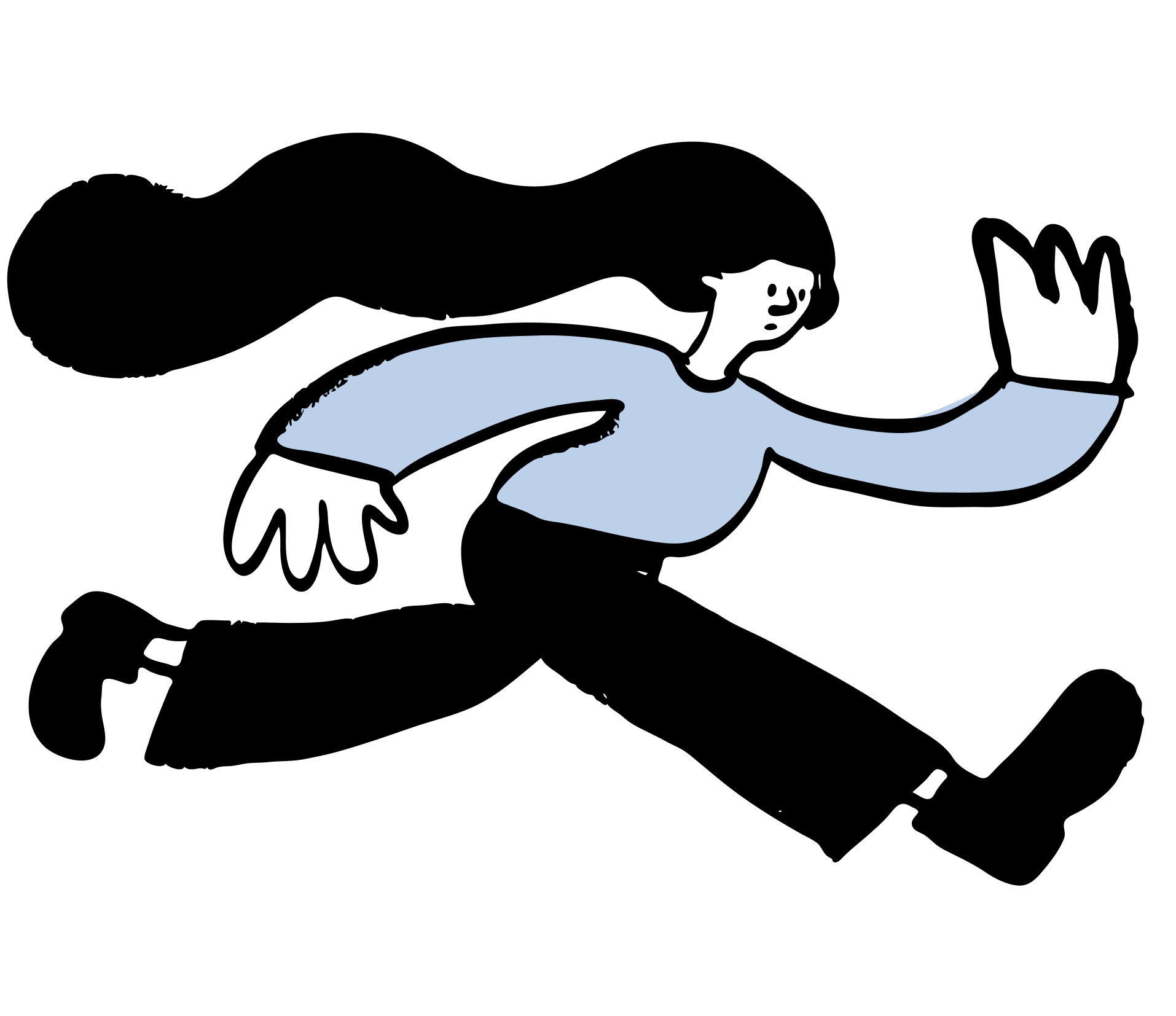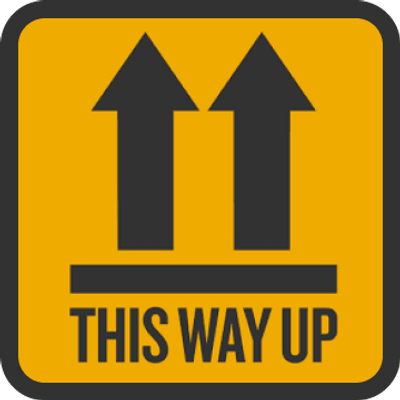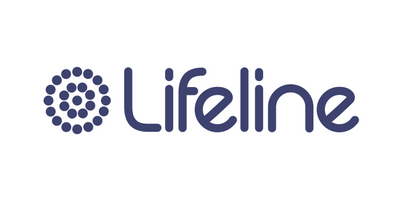Understand the impacts of natural disasters
This page is currently under review and the content will be updated soon.
Some of the ways bushfires, floods and extreme climate events can affect communities are:
• Loss of homes and regular employment
• Family and relationship problems (e.g. arguing, disagreements, lack of communication, physical conflict, relationship breakdown)
• Job pressure and overworking
• People leaving the community due to a lack of opportunities or income (particularly young people)
• Environmental problems, such as loss of vegetation and animals, drying of rivers, soil erosion and increased risk of bushfires
• Lack of community services, including health care, education, housing and employment organisations
• Higher incidence of physical and mental health problems amongst community members, as well as an increased risk of suicide
• Loss of social networks and a breakdown in community spirit.
How do natural disasters impact communities?
Natural disasters like bushfires, floods, cyclones, drought and other traumatic ‘natural’ events are extremely challenging for many people across the community. People will have varied physical and/or emotional reactions following a natural disaster. For some, it may feel overwhelming and become difficult to cope.
Download our Natural Disasters PDF toolkit here.





